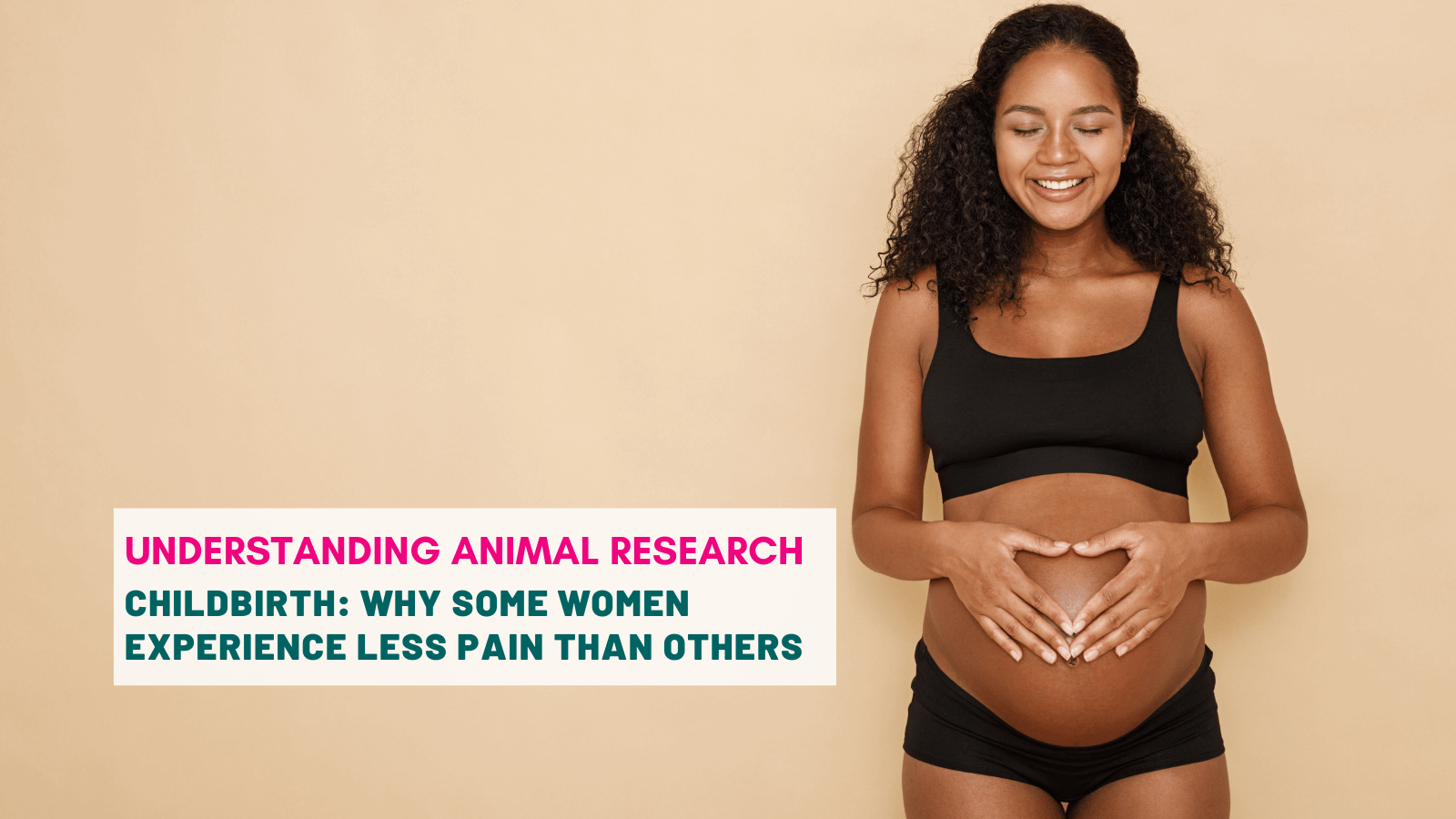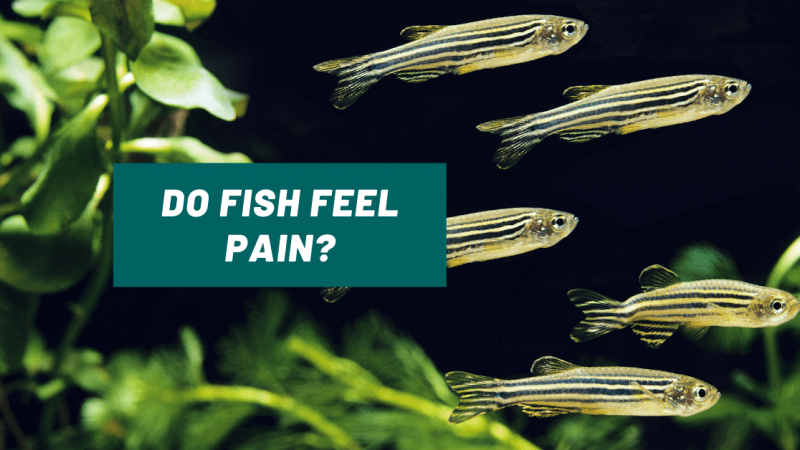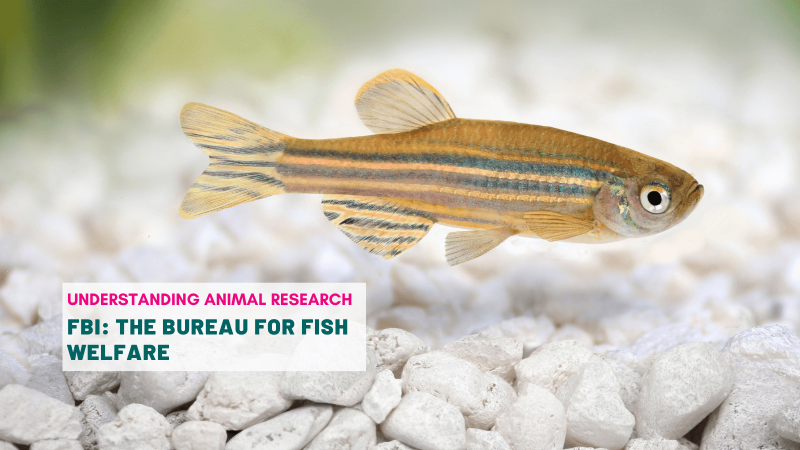Why do some women experience so much more pain in childbirth than others? Is it really true, or do differences in cultural norms and personality give a false impression? Recent experiments based on the nervous systems of mice might give the answer and offer hope to thousands of chronic pain sufferers throughout the world.
In a collaborative study with clinicians at Addenbrooke hospital in Cambridge, Dr Ewan St. John Smith and his team from the University of Cambridge examined a group of women who had experienced relatively normal births and who had requested little or no help for the pain. The team discovered that a variant version of a gene called KV6.4, which affects responses in the nervous system, was much more common in this group of women than would usually be expected.
To investigate what role the KV6.4 gene variant might be playing in the experience of childbirth, the group took nerves from laboratory mice which have nervous systems that are very similar to humans in many important ways. The nerves were manipulated to produce either the normal version of KV6.4 or the variant found in the group of new mothers. The nerves with the variant proved to be less excitable, meaning they required greater stimulation before they fired off the electrical signals that the brain interprets as pain.
“This clearly correlated to what we were seeing in the women. Giving birth is quite universal, it sends the same stimulation to the nerve, but for these women, it wasn’t a great enough stimulation to turn their nerves on, so they didn’t require pain relief,” explains St. John Smith.
The pain limiting effects of the KV6.4 gene variant weren’t just limited to childbirth. The women expressing the gene tended to have higher pain thresholds in general, especially for pressure pain. This suggests that the KV6.4 gene could be a promising target for the development of more effect pain relief interventions for many different conditions, something that could change the lives of the many people – nearly half of the UK population, for example - who experience chronic pain at some point in their lifetime, two thirds of whom complain that existing pain medications either don’t work well enough or have side effects that are too great. As St. John Smith says:
“In a perfect world we would develop drugs to target the function on this KV6.4 gene and switch off pain. It would be a much-needed new route to pain relief.”
Further reading
Follow Dr Ewan St. John Smith on Twitter @psalmotoxin
Last edited: 30 August 2023 12:53




